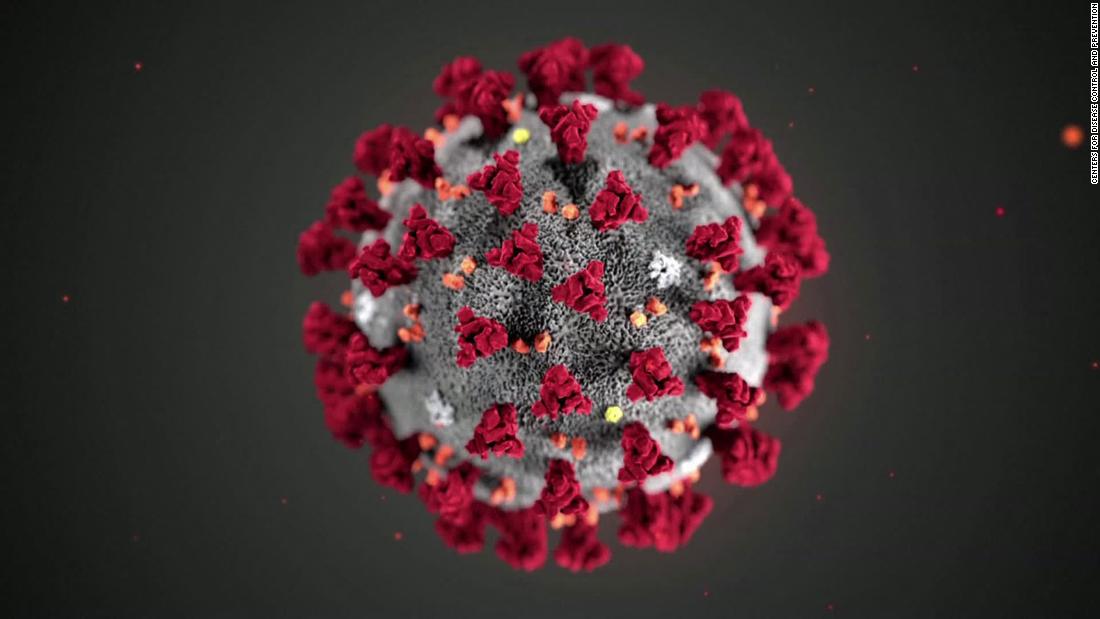
For the study, 2,022 patients were randomly assigned to cilizumab and compared with 2,094 patients who received standard of care.
“There were 596 deaths among people in the tocilizumab group, 29%, and there were 694 deaths, 33%, in the usual care group. So that’s a reduction in the risk of death by about a sixth or a seventh,” Martin Landray, a professor of medicine and epidemiology in the Nuffield Department of Population Health at the University of Oxford, and deputy principal investigator of the RECOVERY study, said at a briefing Thursday.
“An absolute difference of four in a hundred,” said Landray. “You have to treat about 25 patients to save one patient, one life.”
Landray said the benefits were consistent across every group of patients studied.
The drug was also shown to have an advantage for people who did not receive mechanical ventilation at the start of the trial; the risk of mechanical ventilation or death is reduced from 38% to 33%.
The benefits of the treatment were in addition to those of steroids such as dexamethasone – 82% of patients received one of these steroids.
The data suggest that in Covid-19 patients with hypoxia (requiring oxygen) and significant inflammation, treatment with the combination of systemic corticosteroids (such as dexamethasone) plus tocilizumab reduces mortality by approximately one third for patients requiring oxygen alone and nearly half for those requiring invasive mechanical ventilation, “said a press release from the University of Oxford.
“In summary, this is a treatment that reduces mortality, shortens hospital stays and reduces the likelihood that people will need invasive mechanical respirators,” said Landray. “That’s good for patients, that’s good for healthcare. And that’s not only good for healthcare and patients here in the UK, but also internationally.”
Landray noted that many of the earlier studies were smaller and the results were not clear.
The National Health Service has a large number of patients who have been able to contribute to the studies, “that’s how you get really clear answers and then you get assurance where there was none before.”